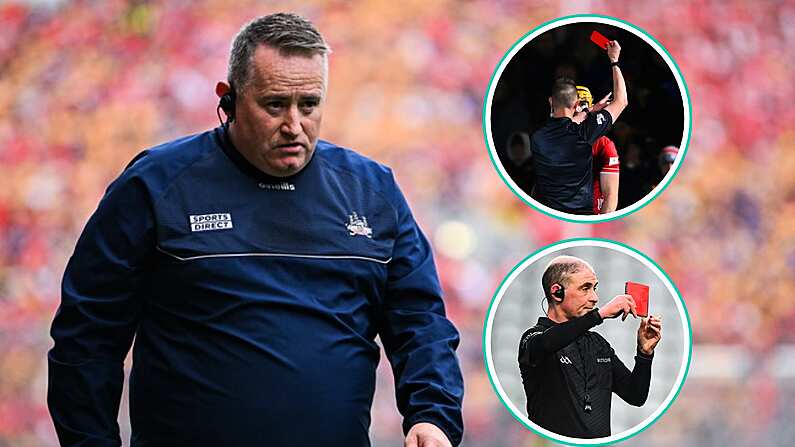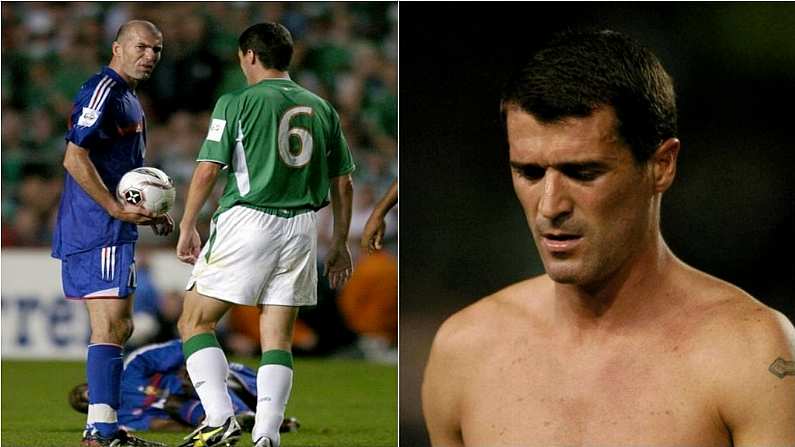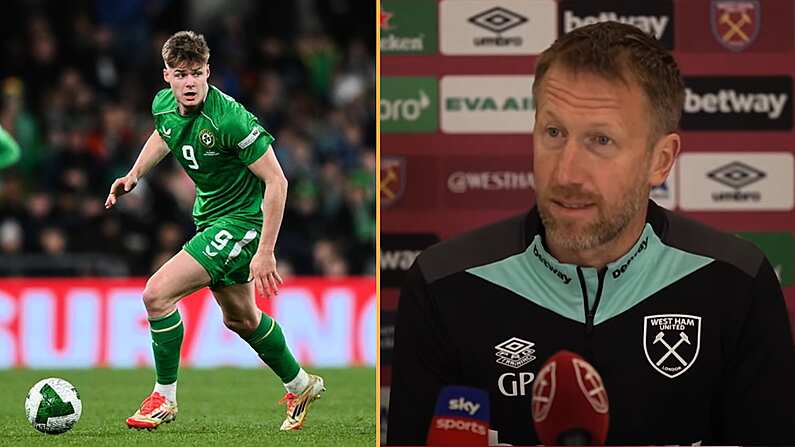Fergus McCann, the Canada-based millionaire who rescued Celtic FC twenty years ago today, has said that the club should look to join the English Premier League if they are to become serious Champions' League contenders, and that such a move would triple the Hoops financial assets.
“The EPL now dwarfs Scottish football financially and makes Celtic’s progress a daunting challenge,” he told the Telegraph.
“Nowadays, supporters want the best, and that is impossible in Scotland generally, with too many small clubs. This is obvious. It is a real achievement for Celtic to play in the Champions League group stage.
“In the last two years they represented the smallest country. I would like to see the EPL expand and include Celtic. I think it could and should happen. It would triple the size of the club in financial terms, overnight.”
Celtic were eight minutes from closing on March 4, 1994 when the Scottish-born entrepreneur acted as guarantor for the club's £7 million debt. McCann was clear on taking over that the goal of his tenure was to restore financial stability to the organisation, even if it came at the expense of on-field success - a philosophy that attracted massive criticism at the time, as Rangers dominated Scottish football throughout the latter half of the 1990s.
McCann was true to his five-year pledge, and sold his stake in the club to Irishman Dermot Desmond in 1999. His method of offering interest-free share payments meant that small, Celtic-supporting shareholders owned most of the club - a move which saw his reputation recover among the club's fans, as the unpopular old owners were pushed aside.
Such calls for Old Firm involvement in the the Premier League or the Championship are nothing new, but it is unlikely the EPL will countenance such moves any time soon. Most recently the English clubs voted overwhelmingly to a proposal by Bolton chairman Phil Gartside to admit the Old Firm clubs into a two-tier EPL. At the time, UEFA said they would not stand in the way of such moves had they been approved.
H/T: The Telegraph












